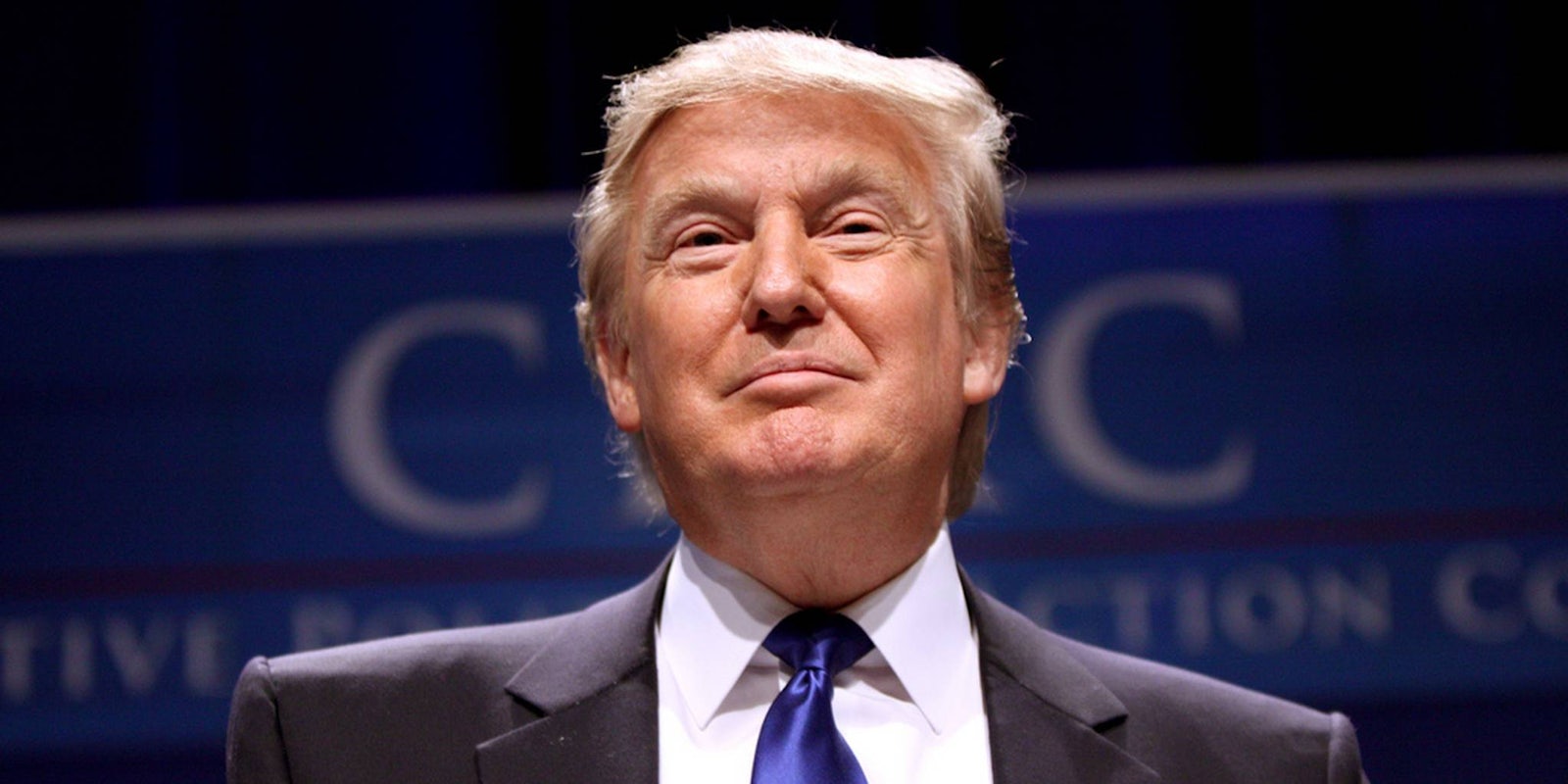Barring a meteor strike on lower Manhattan, an alien abduction targeting former hosts of The Apprentice, or another seemingly impossible event in an election season already full of such twists, New York businessman Donald Trump will be the Republican Party’s nominee for president of the United States.
The once-unthinkable outcome, already considered a near-certainty after Texas Sen. Ted Cruz quit the presidential race Tuesday night following a decisive defeat in Indiana, became all but official on Wednesday afternoon, when Trump’s sole remaining opponent, Ohio Gov. John Kasich, announced that he, too, was ending his campaign.
“As I suspend my campaign today, I have renewed faith, deeper faith, that the Lord will show me the way forward and fulfill the purpose of my life,” Kasich said at the end of a 20-minute statement to a crowd of supporters and reporters in Columbus, Ohio.
Just 20 hours ago, Kasich’s campaign was promising that the governor would stay in the race. “Tonight’s results are not going to alter Gov. Kasich’s campaign plans,” John Weaver, Kasich’s chief strategist, said in a public memo after the Indiana primary. “Our strategy has been and continues to be one that involves winning the nomination at an open convention.”
But 14 hours later, Kasich’s campaign signaled that it had already reconsidered that strategy, canceling a press gaggle in Virginia and announcing the governor’s decision to make an afternoon statement.
Republican Party elites, stunned by Trump’s ironclad grip on their base voters, have split over how to proceed. Some are supporting former Secretary of State Hillary Clinton, the likely Democratic nominee; others are pushing for a third-party candidate to siphon off votes from Trump and ensure his defeat; and still others are resignedly backing Trump rather than see Clinton win the White House.
Republican National Committee Chairman Reince Priebus called Trump the presumptive nominee on Tuesday night and said Republicans should “unite and focus on defeating” Clinton.
Clinton leads Trump by approximately 6 percentage points in the polling averages, and many election forecasters predict a dire electoral map for Republicans in November.
Where the Clinton-Trump matchup starts in our Crystal Ball Electoral College ratings pic.twitter.com/IpIryVRJFZ
— Larry Sabato (@LarrySabato) May 4, 2016
If he receives the nomination at the Republican convention in July, Trump would be the most disliked major-party nominee in modern times. An April Associated Press poll found that seven in 10 Americans, including nearly half of Republicans and nearly 70 percent of Southerners, held an unfavorable view of him.


